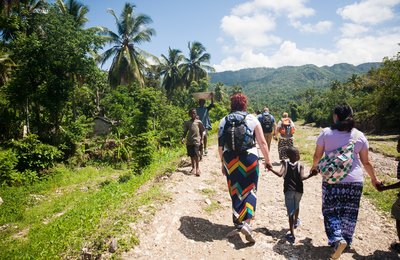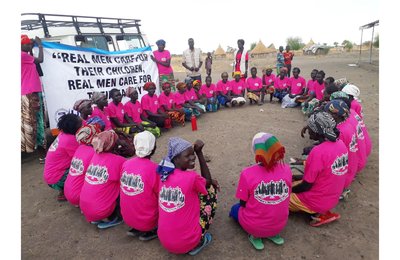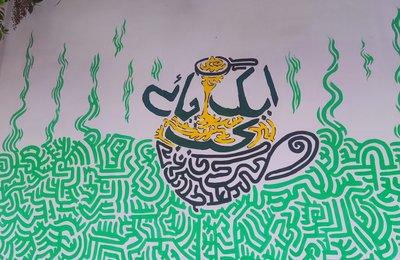This past month I have been travelling in Pakistan and visited my home city of Islamabad. Sadly, the city now feels alien to me from the one I knew. The capital of Pakistan, it now has perhaps most extensive police and military security presence in the country. The scale of the security apparatus has both pros and cons, but for me it demonstrates the unfortunate status of state security, especially in the aftermath of the Abbottabad operation in which Osama bin Laden was assassinated.
The increased security measures can be seen as the government’s response to the security needs of its citizens. Terrorism is not a recent phenomenon in Pakistan. Ever since Pakistan’s involvement in the Afghan-Soviet war (1979-1988), terrorist organisations have established their roots in the country and also in other parts of the region. Osama bin Laden and thousands of other Arabs were brought to Pakistan and Afghanistan to wage jihad (holy war) against the so-called Soviet infidels. In parallel, religious extremism has been on the rise with a mushrooming of madrasa culture which in many cases has promoted or justified terrorism.
US-Pakistan relations
US-Pakistan relations are at a low ebb at present because of the continuous violations of Pakistan’s sovereignty by the US. Beyond the Abbotabad raid and the Raymond Davies case , the numerous US drone attacks in the tribal areas of Pakistan have inflamed public opinion and resulted in the deaths of 957 people in 2010 according to the Human Rights Commission of Pakistan.
Such attacks have fuelled the growth of terrorism in Pakistan, as many people lose faith in central government and see it as subordinate to the policies of the US. The anger at the government is evident in the recent cases of attacks on members of security forces. Terrorism has most severely affected Khyber Pakhtunkhwa, FATA and Karachi. According to State of Human Rights in 2010 report, in the reported year, 453 terrorist attacks took place in Khyber Pakhtunkhwa and 697 in FATA. Suicide terrorism is on the rise with 67 attacks in 2010 in almost all major places in the country.
Every day, I and thousands like me waste a lot of time in queues before security checks at some important and not so important places in Islamabad; therefore, I think everyone is supposed to spare 30-40 minutes to be in time for schools, offices or meetings. Personally, I am feeling as if the entire road infrastructure of the city has been changed, because I often encounter roads with a huge sign board “STOP” – meaning change your route. There are places such as the Presidential Palace, Supreme Court, Prime Ministers Secretariat, Serena Hotel etc. where common people don’t have access.
Terrorism has completely destroyed some important job sectors in the country, such as the tourism industry. Due to operations in Swat, tourism industry has not recovered yet because even locals don’t feel insecure to visit the Switzerland of Pakistan. Consequently, thousands must have lost their livelihood. Ultimately, this tragic situation is pushing thousand below the poverty line.
After the Osama operation, the security situation in Pakistan has deteriorated. When I landed in Karachi, a taxi driver was just sharing how insecure it has been in the city. Karachi, the financial capital of Pakistan, has been home to increasing number of terrorist attacks and ethnic conflicts. For example, recently base of Pakistan Navy was attacked by terrorists in Karachi.
A secure and sovereign Pakistan is in the interest of all parties interested in eradicating terrorism from South Asia and beyond. The international community needs to develop better strategies of preserving a democratic Pakistan.











